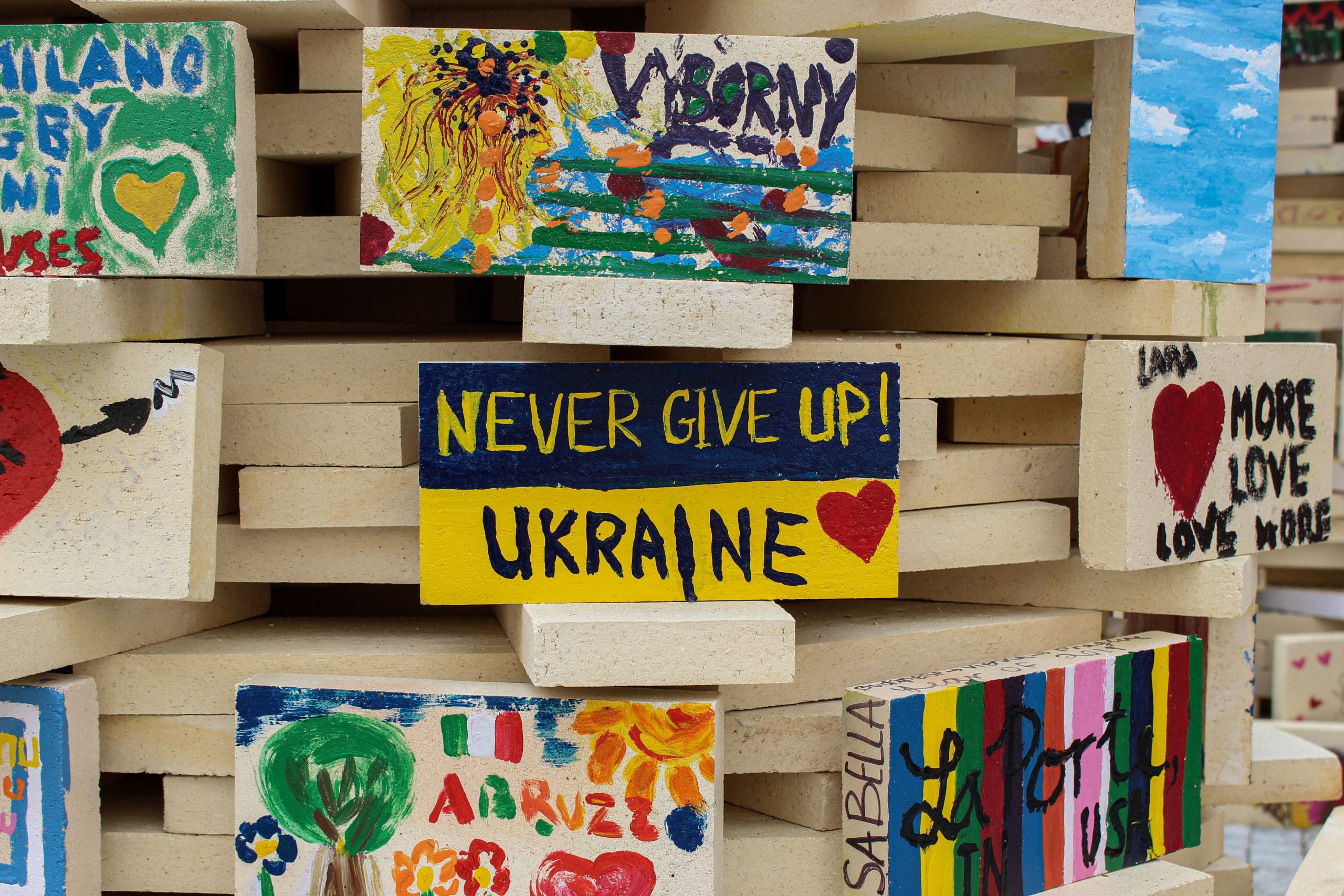- 12 Mar, 2022
- 0
- Mel Gurtov
- Mel Gurtov
Thinking About the Unthinkable in the Ukraine Crisis
by Mel Gurtov
721 words
We might be inclined to think that the most urgent decisions on Ukraine have been made: decisions on military aid to the Ukraine government, on humanitarian aid to refugees and Ukrainian civilians still in the country, and on support of NATO countries bordering Russia.
But to think so would be mistaken. As the military and humanitarian situation in Ukraine deteriorates, Thomas Friedman writes, “it will become more and more obvious that our biggest problem with Putin in Ukraine is that he will refuse to lose early and small, and the only other outcome is that he will lose big and late.”
Putin can’t stand to lose, which means a preference for total destruction of Ukraine rather than a settlement. More devastation will confront the US and NATO with frightening choices.
Here are some that come to mind.
First, as Ukraine cities burn in the wake of Russian targeting of civilian structures, we will face another Grozny or Aleppo—that is, utter destruction by a military machine that is impervious to reason. Will the West simply stand by helplessly as Kyiv is reduced to rubble?
Second, the humanitarian disaster will reach appalling proportions. Food, fuel, housing, and water will be unavailable to large parts of the Ukraine population. Look at Mariupol; it may become the norm for trapped populations. Will the West be willing and able to deliver assistance in defiance of the Russians? Can eastern Europe absorb the millions more people who are trying to get out of Ukraine?
Third, continued Ukraine resistance will be heroic but very costly in casualties. If we witness Russian forces committing atrocities—killing captured soldiers and otherwise violating the laws of war—will the West do anything to rescue resistance fighters?
Fourth, should a Ukraine insurgency make headway, with support from outside Ukraine, it is conceivable that Russia will detonate a “tactical” nuclear weapon or use a chemical or biological weapon to inspire fear and promote surrender. How, if at all, will the West respond? (Note, by the way, the Russian disinformation campaign, being echoed in Chinese media, about supposed US bioweapon laboratories in Ukraine and a US program to assist Ukraine’s nuclear weapon program).
Fifth, Ukraine’s leadership might be captured and killed, confined outside the country, or put on trial. Can that valiant leadership be saved?
Sixth, Russian fire might be directed, by accident or design, at NATO forces that are providing military aid from within Poland or the Baltic states. Will NATO respond to such attacks?
Seventh, another Ukraine nuclear power plant might be taken over by the Russians, only this time creating radiation leakage. Will there be a response to such an event?
The world community will be shocked and outraged by events like these. But shock and outrage have happened many times before, yet rarely have they led to a strong, unified response.
The challenge for NATO is that up to now, the Russians have controlled the rules of engagement. NATO is constantly searching for low-risk counteraction, for now rejecting options such as sending Soviet-era fighter jets to Ukraine, establishing a total or limited no-fly zone in Ukraine, or creating an escape corridor for refugees.
But as the Ukraine situation moves from dire to catastrophic, political pressure in the US and Europe is likely to mount for “taking the gloves off”–challenging Putin to respond to high-risk NATO initiatives. The argument that we must let sanctions on Russia take full effect, and rely in the meantime on Ukraine’s guerrilla resistance, is likely to weaken as the tragedy unfolds on TV and in social media.
There are no easy answers here: sitting by while a country is destroyed vitiates the UN Charter, Europe’s security, and NATO’s reason for being, whereas taking forceful action may lead to a conflict involving weapons of mass destruction and the commitment of NATO armies.
Either way, we can’t avoid confronting worst-case scenarios of the kind I have outlined. As two writers conclude in the journal Foreign Affairs, “The West and Russia may now be entering into the terminal stages of an insecurity spiral—a series of mutually destabilizing choices—which could end in tragedy, producing a larger European conflagration even if it doesn’t go nuclear.”
We’re at a perilous moment. The administration has to make decisions and invite public debate on how, or whether, to save Ukraine.
————————————————-

Mel Gurtov, syndicated by PeaceVoice, is Professor Emeritus of Political Science at Portland State University and blogs at In the Human Interest.
© 2023 PeaceVoice

mel